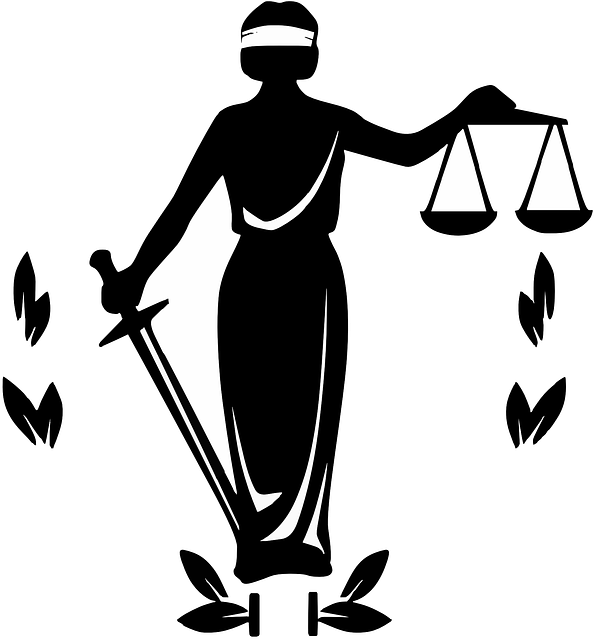In real estate, understanding and adhering to legal eviction processes is vital for a balanced landlord-tenant dynamic. Unlawful evictions, characterized by sudden requests, inadequate notice, or unfair actions, are prohibited under local tenancy laws. Both landlords and tenants have rights and responsibilities; landlords must provide fair notice and just causes, while tenants are entitled to reasonable vacating periods and respectful treatment. Legal frameworks in many jurisdictions protect tenants from arbitrary evictions, ensuring open communication, clear lease agreements, and fair rent levels. Legal aid organizations support individuals facing unlawful evictions, offering guidance and representation to uphold their rights.
In the dynamic landscape of real estate, understanding and avoiding unlawful eviction practices is paramount to maintaining a harmonious tenant-landlord relationship. This comprehensive guide delves into the intricacies of these practices, equipping both parties with crucial knowledge. We explore key measures to protect tenants’ rights, delve into the legal framework governing evictions, and highlight available resources for resolving disputes amicably. By adhering to these principles, real estate professionals can navigate evictions ethically and responsibly.
Understanding Unlawful Eviction Practices in Real Estate

In the realm of real estate, unlawful eviction practices can have severe consequences for both tenants and landlords. It’s crucial to understand what constitutes illegal eviction to navigate this aspect of property ownership carefully. Eviction is considered unlawful when it doesn’t follow the proper legal procedures or when it violates tenant rights as outlined in local tenancy laws. These practices may include sudden and unexpected requests for possession, lack of proper notice, or the use of excessive force by law enforcement during the eviction process.
Tenants have rights that must be respected, including adequate time to vacate, just cause for eviction, and fair treatment throughout the process. Landlords, on the other hand, have legitimate reasons to evict tenants, such as non-payment of rent or violation of lease agreements. However, they must adhere to specific legal frameworks to ensure evictions are carried out legally and ethically. By understanding their rights and responsibilities, both parties can avoid contentious situations, fostering a healthier real estate environment.
Protecting Tenants' Rights: Key Measures and Precautions

In the real estate sector, protecting tenants’ rights is paramount to upholding ethical practices and maintaining trust. Key measures include ensuring landlords provide adequate notice before eviction, respecting specified reasons for termination, and adhering to fair rent levels. Tenants should be informed well in advance of any move-out requirements, given enough time to find alternative accommodation.
Precautions also involve clear documentation of lease agreements, detailing terms, conditions, and expected behaviors. Both parties should understand and agree upon these provisions to avoid misunderstandings. Regular communication channels between landlords and tenants foster transparency, helping to resolve issues promptly. This approach creates a harmonious relationship, benefits both parties, and contributes to a stable real estate market.
Legal Framework and Resources for Combating Unlawful Evictions

In many jurisdictions, there’s a robust legal framework in place to combat unlawful eviction practices in the real estate sector. Tenants have specific rights and protections guaranteed by law, which make it difficult for landlords to conduct evictions without just cause. These laws vary from region to region, but they typically include provisions that mandate fair notice, a hearing process, and protection against arbitrary or unjust evictions.
Resources such as legal aid organizations, tenant advocacy groups, and pro bono legal services play a crucial role in assisting individuals facing unlawful evictions. They offer guidance, represent tenants in court, and help them understand their rights under the law. By leveraging these resources, tenants can effectively navigate the legal system and protect themselves from the adverse effects of improper eviction practices in the real estate market.






